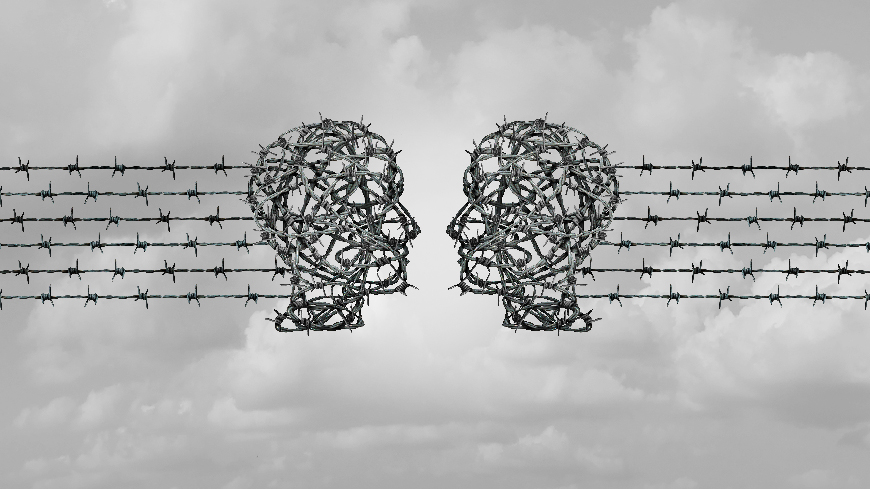Council of Europe member States should take all necessary measures and dedicate sufficient resources to prevent and combat hate crime and support its victims, in cooperation with civil society and other stakeholders. Effective, proportionate and dissuasive provisions to prevent and combat hate crime should be included in criminal law, and priority should be given to unmasking, acknowledging and recording the hate element of the crime. These are among the key points of the newly adopted Recommendation by the Committee of Ministers of the Council of Europe to the Organisation’s member States.
Member States should provide victims of hate crime with access to specialised support services, independently of whether a report has been made to the police. Special attention should be paid to children and young people. Member States are encouraged to ensure access to free legal aid for victims of hate crime.
The hate element should be incorporated into the criminal law as an aggravating circumstance at sentencing, as part of the crime at the point of the criminal charge, as a constituent part of standalone criminal offences, or through a combination of these techniques. Police should be trained in recognising “bias indicators” of hate crime, including via compulsory modules in police academies.
The roles of specialist hate crime investigators within the police and of specialised hate crime prosecutors should be developed, the Committee of Ministers recommends. States should combat impunity and respond to any biased behaviour on the part of law enforcement or other criminal justice practitioners towards persons targeted by hate crime.
The Recommendation also focuses on third-party reporting, monitoring and data collection, and provides targeted recommendations concerning key actors. Notably, public officials should condemn instances of hate crime; member states should ensure that educational institutions and teachers contribute to the development of a culture of inclusiveness; and internet service providers identify and address hate crimes. Member States should also promote a safe, inclusive and enabling online and offline civic space in which civil society organisations working in the area of hate crime can operate, ensure adequate support and protection from threats and attacks, and fund such organisations in order for them to provide support to victims.








